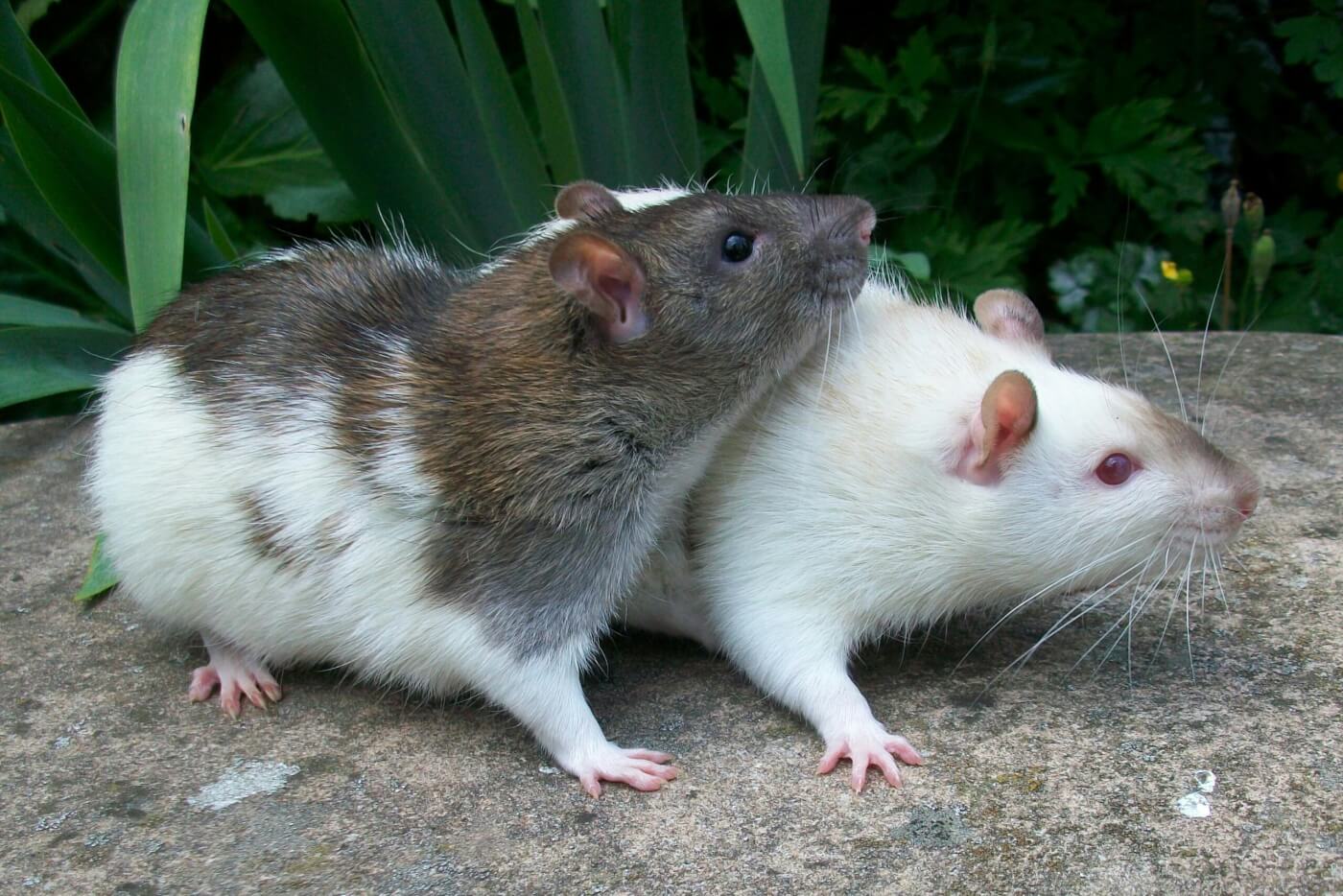PETA Scientists’ Coauthored Approach to Cancer Tests Will Save Thousands of Animals
After scientists from PETA Science Consortium International e.V. (the Science Consortium), of which PETA India is a member, coauthored groundbreaking papers detailing how to avoid lifetime tests on rats and mice to assess whether pesticides cause cancer, the Organisation for Economic Co-operation and Development (OECD) just this approach and examples of how regulatory authorities can assess cancer risk while avoiding these tests on animals.
Regulatory agencies around the world require tests to assess pesticides and other chemicals for their capacity to cause cancer in humans. In these tests, approximately 1000 mice and rats are force-fed pesticides every day for their entire lives. The animals who don’t die during the tests are killed and examined for signs of cancer. Approximately 6000 animals are killed in these pesticide tests each year in the US alone.
More than five decades of literature suggests that the data collected from these tests on rats and mice aren’t relevant to humans. In addition, because tests on animals take so long to conduct, they can’t keep pace with emerging concerns over chemical exposure.
In 2022, the Science Consortium coauthored a publication with experts from the US Environmental Protection Agency and other regulatory agencies as well as academia and industry providing a framework for assessing the cancer risk of pesticides without conducting lifetime tests on rats and mice. This year, the Science Consortium coauthored a further publication with industry professionals on how to use the framework, providing examples with specific chemicals.
The use of this approach will save thousands of animals around the world.
Meanwhile, the Science Consortium has delivered presentations, met with other scientists, and engaged with the OECD to spread the word about this emerging approach. The OECD has a high bar for acceptance because the testing methods and approaches approved by the organisation are used by its 38 member countries. After the Science Consortium worked closely with global regulatory agencies, the OECD published this approach and examples of how companies can use it to avoid lifetime testing on animals.
Already, regulatory authorities are receptive to this approach, and companies are actively demonstrating how to use it to save hundreds of animals.
The Science Consortium continues to develop other tests that complement the use of this approach to save even more lives.
For more than 10 years, this team of scientists from around the world has worked with industry and regulatory agencies to replace the use of animals in toxicity tests by designing and funding method development, analysing data, organising and hosting webinars and workshops, publishing scientific papers, and more. The Science Consortium has received multiple honours for its important work.
Here’s how you can help:







